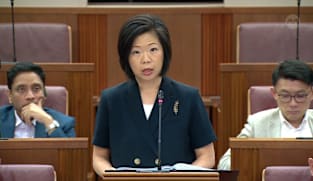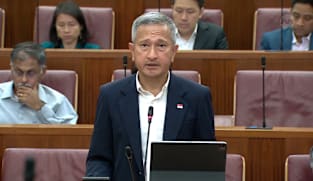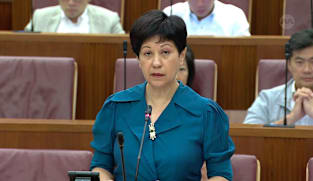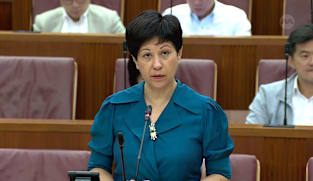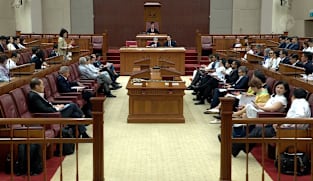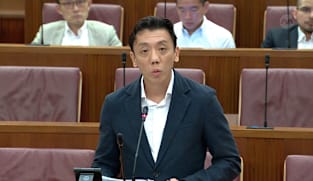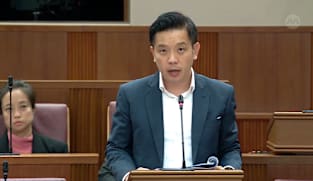Rahayu Mahzam on zero-tolerance for abuse and harassment of healthcare workers
The Ministry of Health (MOH) will work with the public healthcare clusters to develop the details of the standardised zero-tolerance policy on abuse and harassment of healthcare workers. This will be completed in the second half of the year and will include guidelines to help institutions protect staff from abuse and harassment, while fulfilling the duty of care for patients in need. Senior Parliamentary Secretary for Health Rahayu Mahzam said this in reply to an MP’s questions in Parliament on Friday (Mar 21). Turning to concerns that hospitals may prematurely discharge patients due to the zero-tolerance of abuse, she said this creates a “false dilemma”. She said the great majority of patients are respectful and appreciative of healthcare workers. As for the very small minority who are abusive, they typically do not require urgent care and may not even be patients, she said. It is also not difficult to identify such behaviour and actions, which the common man or woman will find unacceptable, she added. As for the rare instances where patients requiring urgent care are abusive, these will be managed sensitively, she said.
The Ministry of Health (MOH) will work with the public healthcare clusters to develop the details of the standardised zero-tolerance policy on abuse and harassment of healthcare workers. This will be completed in the second half of the year and will include guidelines to help institutions protect staff from abuse and harassment, while fulfilling the duty of care for patients in need. Senior Parliamentary Secretary for Health Rahayu Mahzam said this in reply to an MP’s questions in Parliament on Friday (Mar 21). Turning to concerns that hospitals may prematurely discharge patients due to the zero-tolerance of abuse, she said this creates a “false dilemma”. She said the great majority of patients are respectful and appreciative of healthcare workers. As for the very small minority who are abusive, they typically do not require urgent care and may not even be patients, she said. It is also not difficult to identify such behaviour and actions, which the common man or woman will find unacceptable, she added. As for the rare instances where patients requiring urgent care are abusive, these will be managed sensitively, she said.








